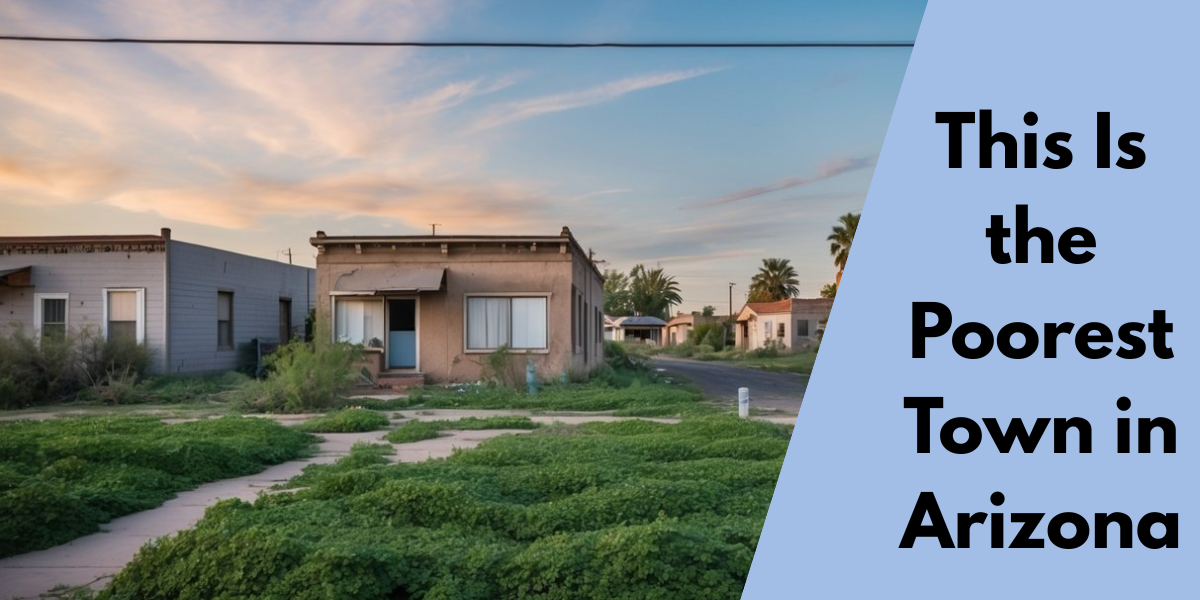LAS VEGAS, NV — Tenants in Nevada must be aware of the state’s rent increase laws in 2025, especially since Nevada does not have statewide rent control. While landlords enjoy significant freedom to raise rent, several rules and protections exist to prevent illegal or unfair practices.
No Statewide Rent Control but Notice Requirements
Nevada does not impose limits on rent increases, allowing landlords to raise rent by any amount. However, tenants are entitled to proper notice before changes take effect.
- Month-to-Month Leases: Landlords must provide at least 45 days’ written notice before raising rent.
- Fixed-Term Leases: Rent cannot be increased during an active lease unless the agreement explicitly allows it. Typically, a 30-day notice is required before a rent hike at lease renewal.
Providing proper notice ensures tenants have time to adjust their budget or consider alternative housing.
When Rent Increases Can Be Illegal
Although landlords have broad discretion, certain rent hikes are unlawful:
- Discrimination: Rent increases based on race, color, religion, sex, familial status, national origin, disability, or other protected classes violate the Fair Housing Act and Nevada law.
- Retaliation: Landlords cannot raise rent in retaliation for tenants exercising legal rights, such as reporting repair issues or housing violations.
- Breach of Lease: Any rent hike that violates a fixed-term lease is prohibited.
- Excessive Increases: While no legal cap exists, increases far above market rates may sometimes be challenged as unreasonable.
Tenants experiencing potential violations should document notices and seek advice from Nevada Legal Services or the Nevada Equal Rights Commission.
Local Regulations and Legislative Landscape
According to Huron Insider, Nevada law generally prevents local governments from imposing rent control, maintaining statewide consistency. However, some cities, like Reno, have rules limiting rent hikes to 5% plus inflation for specific properties.
State lawmakers have attempted to pass rent control bills, but proposals capping increases at roughly 5% have been vetoed or stalled. Tenants should monitor legislative updates to stay informed about potential changes affecting rent protections.
Lease Agreements and Fixed Rent
To protect against unexpected hikes, tenants should consider fixed-term leases, which lock in rent for the lease duration. Landlords cannot increase rent during this term unless the lease allows it.
After the lease expires, rent may be raised with proper notice, as long as the increase complies with state and local protections. Month-to-month tenants face more variability, as landlords can raise rent more frequently with appropriate notice.
Read Also: Minnesota Rent Laws 2025: How Much Can Your Landlord Raise Rent?
Practical Advice for Tenants
- Keep all rent increase notices in writing and verify the date of receipt.
- Review lease agreements carefully to understand allowable rent increases.
- Check local regulations, which may provide additional protections beyond state law.
- Report discriminatory or retaliatory rent hikes to the Nevada Equal Rights Commission or seek legal counsel.
- Stay informed about pending legislation regarding rent control or caps.
By understanding these rules, Nevada tenants can navigate rent increases effectively and protect their rights while complying with current legal standards. Despite the absence of statewide rent caps, transparency, notice, and fair treatment remain essential tenant protections in 2025.
Summary Table: Nevada Rent Increase Rules 2025
| Lease Type | Notice Requirement | Rent Increase Allowed During Lease? |
|---|---|---|
| Month-to-Month | 45 days | Yes, after notice |
| Fixed-Term | 30 days (renewal) | No, unless lease permits |
| Local Protections | Varies | Some cities limit increases to 5% + inflation |
Tenants in Nevada: Have you experienced unexpected rent hikes? Share your experiences and advice for others navigating the rental market at ibwhsmag.com.


 by
by 

